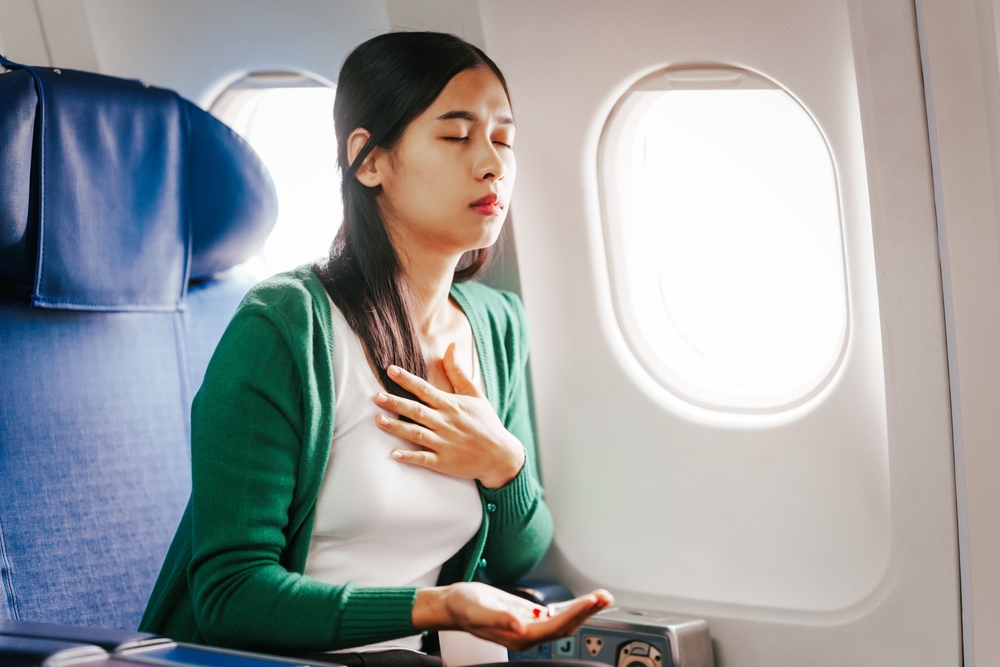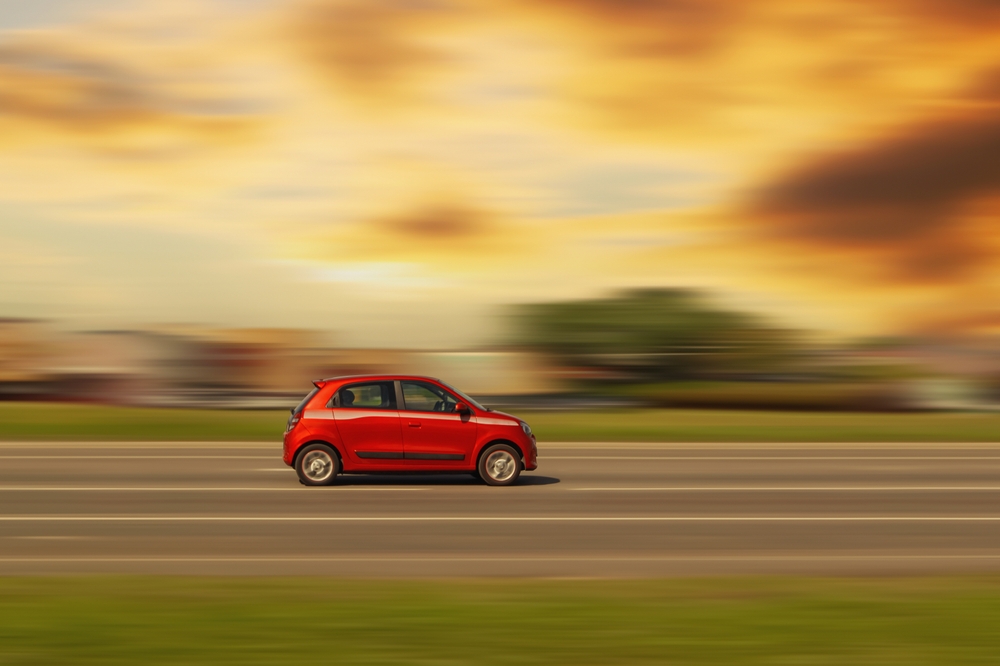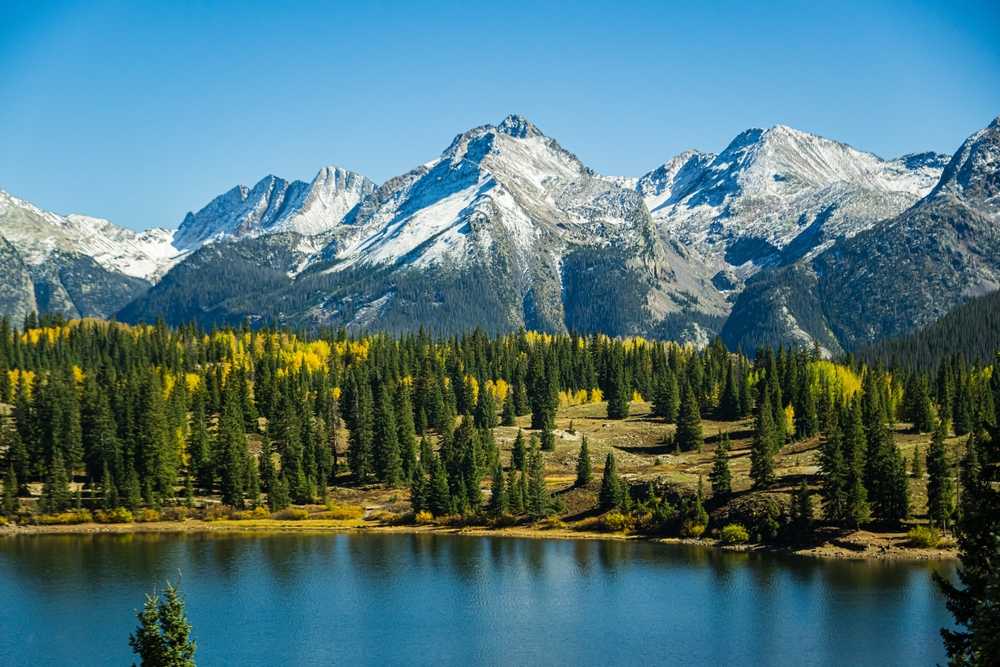A flight attendant took to Reddit to share some industry secrets.
A lot of people love travelling by air. The excitement and thrill of sitting in an airplane, watching the clouds, cannot be matched by any other means of transport. However, there are some tips which can come in handy while flying. Experts are warning passengers not to add ice cubes to their drinks during their flight as doing so may expose them to harmful germs, as per a report in the New York Post.
A flight attendant took to Reddit to share some industry secrets. She said, “Don’t get ice in your drink. The ice is put in a tray with a scoop, and the trays don’t get cleaned very often.”
“Every surface on the plane is touched by hundreds of people daily and not often disinfected. We don’t have the opportunity to wash our hands at all during the beverage service,” the attendant continued.
Further, this has also been confirmed by airplane cleaners. Verna Montalvo, a cabin cleaner at Dallas-Fort Worth airport told The Washington Post in 2022, “Some flight attendants get upset because it’s not clean. Of course, it’s not clean – because this is how much (time) they give us.” She said that because of a labour shortage, her crew has only five minutes to clean, and in some situations, she has even been forced to clean an aircraft by herself.
Notably, even if the ice tray is clean, the ice cubes in the tray might not be. Since all ice is obtained from other parties, airline ice is probably of questionable quality.
In a 2017 study, researchers took 60 ice cubes from both domestic and industrial facilities. They found that ice cubes had more than 50 different bacteria strains. “A consistent percentage of the microorganisms identified from ice are known agents of human infections, and their presence indicates an environmental contamination,” the researchers said.
The experts advised people to order soda or alcohol to reduce the number of microbes, if they still want ice in their drink.
A 2019 study conducted by the City University of New York’s Hunter College NYC Food Policy Center found that there is a “consistent reduction of bacterial risk due to alcohol, CO2, pH and antibacterial ingredients of vodka, whisky, Martini, peach tea, tonic water, and Coke.”
Nonetheless, experts conclude that packing your own bottled water is the safest course of action.



